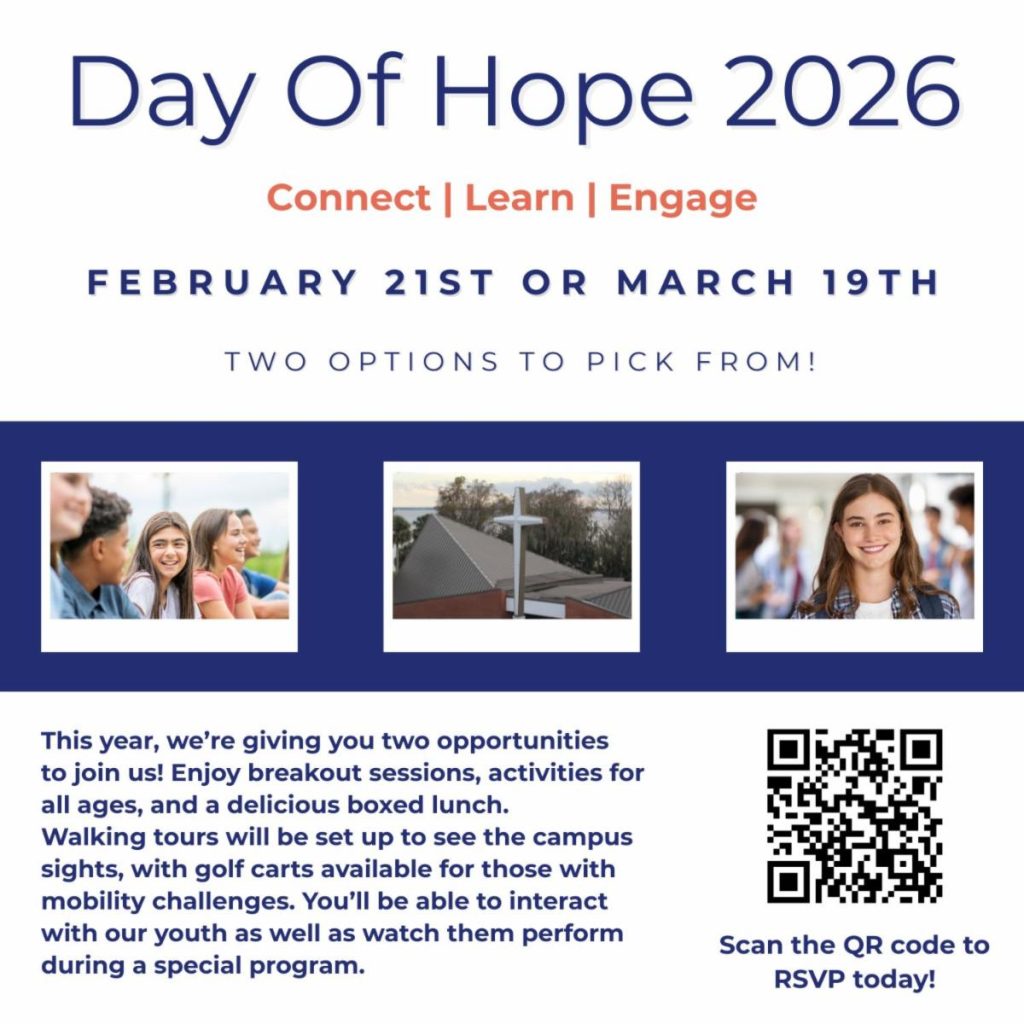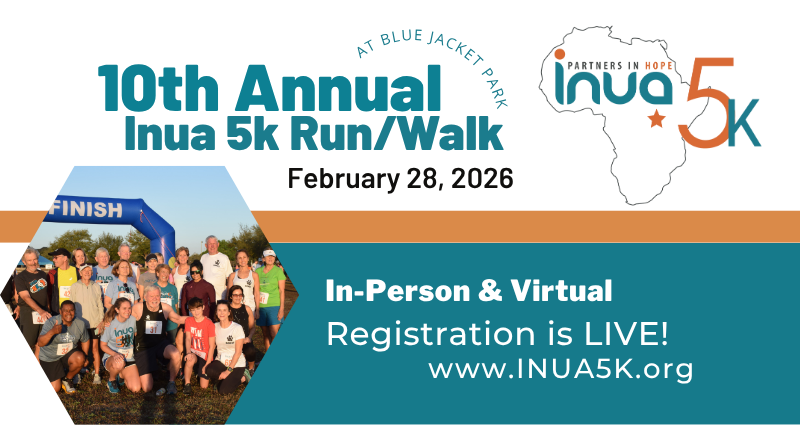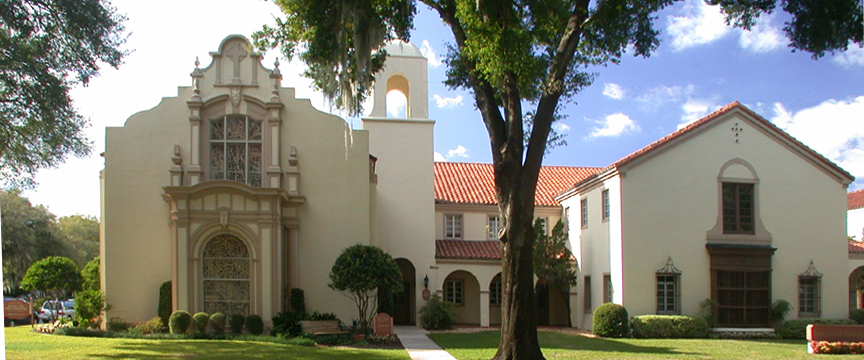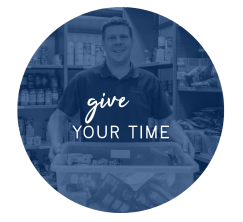
In my 35 years of life, I have been able to worship in many locations and in many communities. My parents always encouraged traveling and worshipping in different places whenever we were out of our normal routine. In the few times a year that Ryan and I are not leading in worship in our own churches, we make a point to worship somewhere else on that Sunday so that we can experience a different thing and be a part of the Kingdom of God in a new way. I have worshipped in Europe and India; in Haiti and Honduras. I have preached in a school cafeteria, sang on a rooftop, and sat in the oldest pews in Ireland. And believe it or not, I felt God as powerfully as I did in different locations as I do in my ordinary one. You see, God’s power and presence is all around us, in every crevice and corner, every musical note or handclap of praise. God’s power and God’s presence is real and alive and moving in every culture and is spoken about in every tongue.
The problem becomes, sometimes we get in a rut and become too comfortable. When God’s presence becomes predictable, we stop expecting to be surprised.
Early in my ministry, Ryan and I were sent to a Worship Conference here in Orlando and we learned from a worship leader from Southern California who had recently written a book about his epiphany regarding Spirit-led worship. The book, Discover the Mystery of Faith by Glenn Packiam dives deep into the “Christian Culture” of performance worship and critiques what worship is really supposed to be about. Glenn was a member of the Desperation Band that was popular in the early 2,000s and he began to ask the question about what they were doing performing on large stages and who were they doing it for. It led him to dig even deeper into the theology of worship which I wanted to share a part of with you today.
The beginning of the book challenges us with this Latin phrase:
Lex Orandi
Lex Credendi
Lex Vivendi
In other words, the way you worship and pray (orandi) shapes the way you believe (credendi) which in turn shapes the way you live (vivendi). Think about that order for just a second. What a wide and prophetic thought. This would explain how I could have experienced so many different ways of worship in my lifetime and yet, all were authentic and representative of the way of life for the collective people that were gathered. Haitians clapped with their hands and feet because drums were too expensive to own for their church. My Dinner Church family sang off-key but came eagerly to receive the bread and the cup because they hadn’t ever felt comfortable in a traditional church setting before. Europeans stood in next-to-empty cathedrals that were beautiful and ornate, but not as full as they could be.
The way you worship and pray shapes the way you believe and in turn shapes the way you live. When you think about REVIVING your presence with God in corporate worship, what is it that you do as a member of this body that shapes what you believe? And then is the consistency and seriousness of your worship practice shaping how you live? When we REVIVE our presence in Worship, it is less about the hour of church in the end, and much more about the transformation happening the other 167 hours in your week. For instance, if you lift your hands in worship as a sign of surrender on Sunday mornings, do you also surrender your hands and feet and finances and time to be used by God in the rest of the week? If you come forward (when we were in the habit of coming forward) with open and eager hands to be filled up through the sacrament of Holy Communion, do you walk into your job, or marriage or community involvement with openness and eagerness during the week too? When you hear the Word proclaimed and you are challenged by what the preacher has said, do you find ways to rub shoulders with those in your own life that you disagree with and listen to them more deeply than before?
These questions are only litmus tests for how we measure our own presence in worship. We have all been challenged to increase our prayers and our presence in worship by 1% this year which is a great goal. And we will know if our presence in the hour of worship is in fact being REVIVED when the community around us looks a little bit more like God’s Kingdom at the end of this year. If the hour of worship is our place to practice what we believe, then the rest of our time will be shaped as well. There will be small changes at first. A little less anxiety, a little more peace, a more contemplative heart and hopefully a lot more joy. If we REVIVED our presence in worship a little more this year, how might this shape how we live as a faith community? What might it say to this community about the people called Methodists and the family called First Winter Park? I look forward to finding out more together with you.
1 Make a joyful noise to the Lord, all the earth.
2 Worship the Lord with gladness;
come into his presence with singing.
3 Know that the Lord is God.
It is he that made us, and we are his;
we are his people, and the sheep of his pasture.
4 Enter his gates with thanksgiving,
and his courts with praise.
Give thanks to him, bless his name.
5 For the Lord is good;
his steadfast love endures forever,
and his faithfulness to all generations.
Psalm 100:1-5 NRSV
AMEN.











